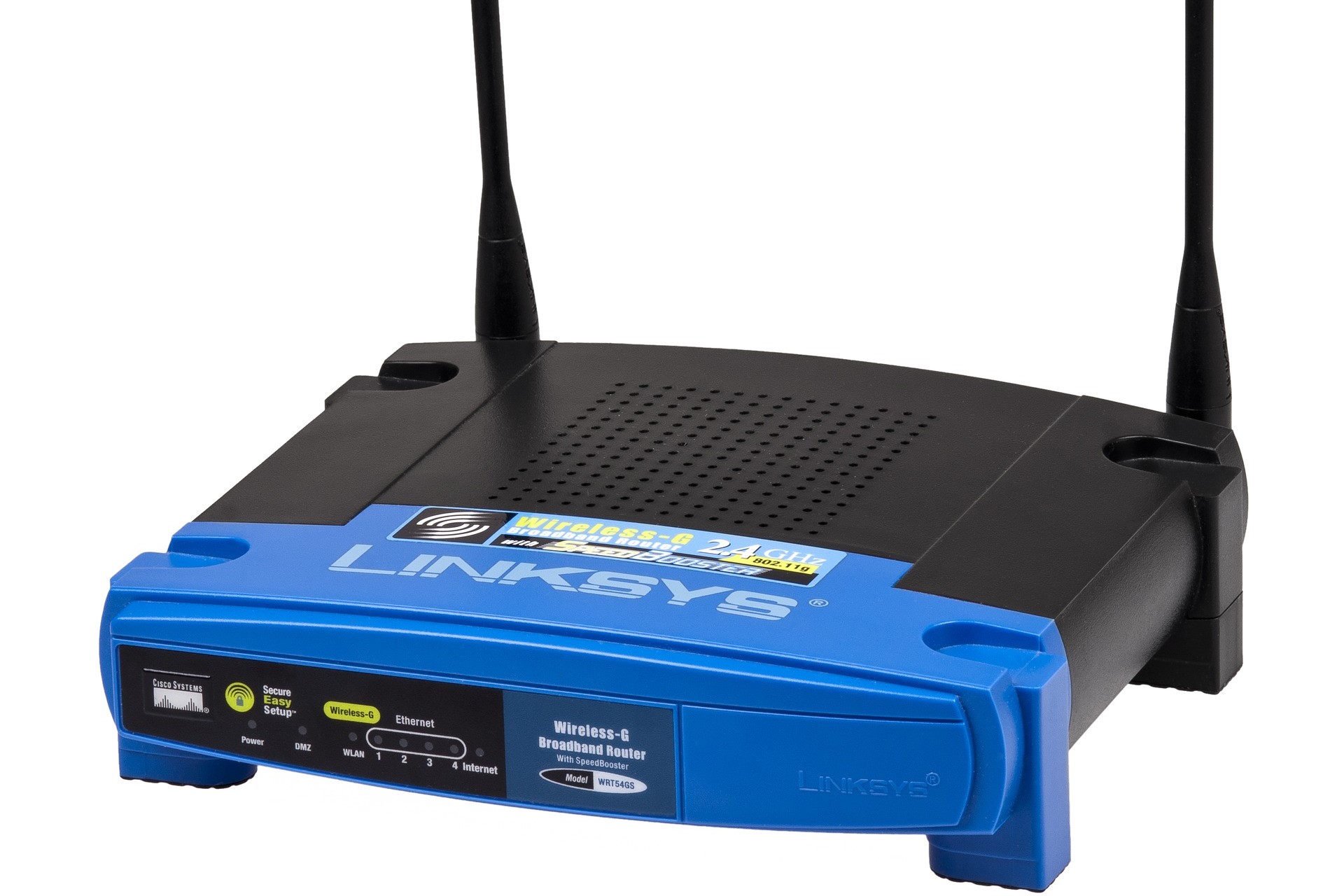
A newly discovered method for transmitting radio frequencies wirelessly might bring us a step closer to a future with faster Wi-Fi.
According to Engadget, a new method for transmitting radio frequencies wirelessly was developed by researchers at the Harvard University School of Engineering and Applied Sciences. In an update posted on the school’s website, this new method is explained as involving the use of a semiconductor laser to “emit microwaves wirelessly, modulate them, and receive external radio frequency signals.”
While conventional lasers are able to emit single frequencies of light at a time, the laser frequency combs used in the new method are able to emit multiple frequencies at the same time. As noted in Harvard’s post, those frequencies “beat together to generate microwave radiation.” From these laser frequency combs, the researchers were able to generate terahertz frequencies, which are wavelengths capable of moving “data hundreds of times faster than today’s wireless.”
Once the necessary microwaves were generated, the researchers also demonstrated how they transmitted them:
“The first thing the new device needed to transmit microwave signals was an antenna. So, the researchers etched a gap into the top electrode of the device, creating a dipole antenna (like the rabbit ears on the top of an old TV). Next, they modulated the frequency comb to encode information on the microwave radiation created by the beating light of the comb. Then, using the antenna, the microwaves are radiated out from the device, containing the encoded information. The radio signal is received by a horn antenna, filtered and sent to a computer. The researchers also demonstrated that the laser radio could receive signals. The team was able to remote control the behavior of the laser using microwave signals from another device.”
The first thing the researchers transmitted was actually a song, Dean Martin’s Volare.
While Harvard’s laser radio transmission method may be a promising first step toward using terahertz frequencies to achieve what the university refers to as “ultra-high-speed Wi-Fi,” it’s still worth mentioning that there is still a ways to go in actually implementing terahertz wireless communication.
The full journal article detailing the researchers work in developing the laser radio transmission method was published in April in the Proceedings of the National Academy of Sciences.


